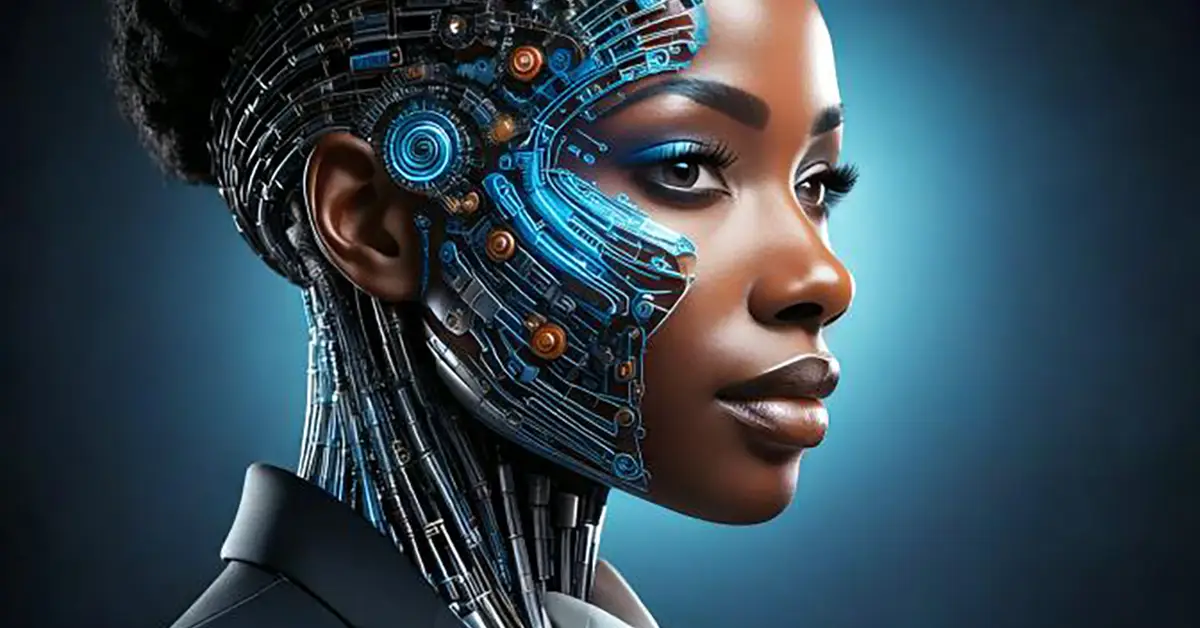As artificial intelligence continues to reshape the professional landscape, the irrefutable truth that human skills are increasingly valuable is welcomed by most professionals. While AI excels at processing data and automating routine tasks, the uniquely human abilities to connect, empathize and navigate complex social situations are emerging as critical differentiators in the modern workplace.
Here, leadership experts at this year’s IAEE Women’s Leadership Forum Armida Ascano, Futurist and Chief Content Officer at TrendHunter; Sherron Washington, Chief Executive Officer at The P3 Solution; and Mori Taheripour, Negotiation Expert, Author and Faculty at The Wharton School, discuss the intersection of human capability and AI, and how today’s professionals can take full advantage of the opportunities it presents.
The Evolution of Leadership Currency
“The influence of AI continues to reshape the modern workplace, demanding a new approach to organizational culture,” observes Armida Ascano, Chief Content Officer and Futurist at TrendHunter. This transformation isn’t just about technological adaptation – it’s about redefining what makes a leader effective in an AI-enhanced world.
The new leadership currency doesn’t involve technical expertise alone, but rather a sophisticated blend of capabilities that technology cannot replicate:
Navigating complex human dynamics requires leaders to understand and manage the intricate web of relationships, personalities and motivations that drive organizational success. This includes reading subtle social cues, managing competing interests and fostering collaboration across diverse groups.
Nurturing genuine connections means building authentic relationships that go beyond surface-level interactions. Leaders must create environments where team members feel valued, understood and empowered to contribute their unique perspectives.
Making nuanced decisions that consider both data and human factors involves balancing analytical insights with emotional intelligence. Leaders must weigh quantitative metrics against qualitative human experiences, understanding when to prioritize one over the other.
Building and maintaining trust across diverse teams requires consistent demonstration of integrity, transparency and cultural competence. Leaders must create psychological safety while navigating different communication styles, cultural norms and working preferences.
Emotional Intelligence: The Un-Automatable Advantage
Sherron Washington, Chief Executive Officer at The P3 Solution, emphasizes the critical role of emotional intelligence in leadership effectiveness. “The integration of personal branding and emotional intelligence competencies is crucial for impactful leadership,” she notes. This combination of self-awareness and social skills creates a leadership presence that no algorithm can replicate.
Key aspects of emotional intelligence that distinguish human leaders include:
Reading and responding to unspoken emotional cues involves detecting subtle shifts in tone, body language and group dynamics. Leaders must interpret these signals accurately and respond appropriately to maintain team harmony and productivity.
Adapting communication styles requires the ability to shift between different modes of interaction based on the audience and context. This includes knowing when to be direct versus diplomatic, formal versus casual and detailed versus big-picture focused.
Managing and motivating teams through change demands a deep understanding of human psychology and the emotional stages of transition. Leaders must provide appropriate support, clear direction and meaningful recognition throughout the process.
Building authentic relationships across organizational boundaries involves creating genuine connections that transcend hierarchical structures. This includes developing trust with peers, superiors and subordinates while maintaining professional boundaries.
The Negotiation Edge
The human element becomes particularly crucial in negotiations and conflict resolution. Mori Taheripour, Negotiation Expert, Author and Faculty at The Wharton School, emphasizes that “the essence of bargaining isn’t the transaction but the conversation and human connection.” This insight reveals why even in an AI-driven world, the ability to turn conflict into collaboration, build trust through authentic communication and create win-win solutions through emotional understanding remains irreplaceable.
Building Your Human Skills Portfolio
As AI continues to evolve, professionals need to intentionally develop their human skills portfolio. Consider developing these skills that will emphasize connection with your team members.
Communication Mastery
- Storytelling ability
- Active listening
- Nonverbal communication awareness
- Cross-cultural sensitivity
Emotional Intelligence Development
- Self-awareness practices
- Empathy exercises
- Stress management techniques
- Relationship building skills
Adaptive Leadership
- Change management capabilities
- Team dynamics understanding
- Conflict resolution expertise
- Innovation facilitation
Future-Proofing Your Career Through Relationship Building
The future of work isn’t about competing with AI – it’s about complementing it. As Armida reminds us, success lies in “adapting to a culture that fosters collaboration, communication and employee satisfaction in the era of AI.” Here are a few strategies that can help future-proof your career.
Invest in Relationship Building Skills
Actively seek opportunities to connect with colleagues, mentors and industry peers. This includes developing your networking abilities, maintaining professional relationships, and building a strong personal brand that emphasizes your human capabilities.
Develop your Emotional Intelligence
Make a conscious effort to understand and manage your own emotions while effectively responding to others’. This involves regular self-reflection, seeking feedback and practicing empathy in your daily interactions.
Practice Adaptive Communication
Hone your ability to convey messages effectively across different platforms, contexts and audiences. This includes mastering both traditional and digital communication channels while maintaining authenticity and impact.
Cultivate Human Centric Leadership Abilities
Focus on the aspects of leadership that machines cannot replicate such as inspiration, empathy, ethical decision-making, and the ability to build and maintain trust through genuine human connection.
What You Can Do to Determine Your Future
In an age where artificial intelligence is becoming increasingly sophisticated, the most successful professionals will be those who excel at being uniquely human. By developing and deploying these irreplaceable human skills, you’re not just preparing for the future of work – you’re helping to shape it.
Remember: Technology may drive efficiency, but it’s human skills that drive impact, innovation and meaningful change.


